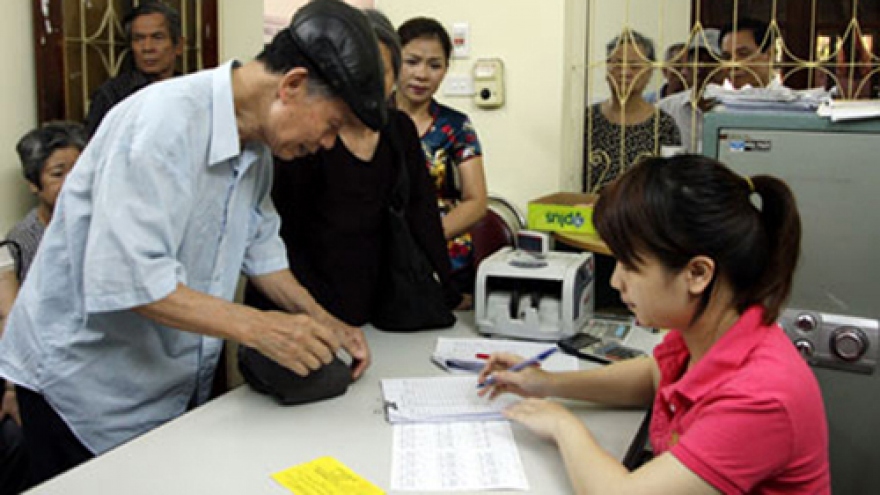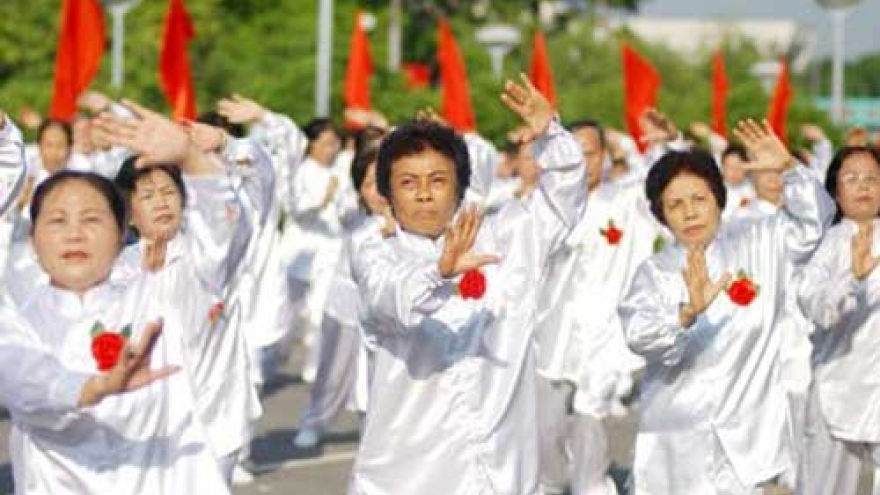Vietnam's aging population expected to work longer in future
The World Bank has estimated that by 2030, nearly one-fifth of Vietnamese will enter old age and around 40% of the population aged 70-74 will still have to work, mostly in the unofficial labor market.
Thai Binh was considered the rice granary in the north. However, Be said, the rice fields in her homeland have been left uncultivated for years. It is because farmers now cannot earn their living only on field work.
Be said there are many local people like her: they have left the countryside for large cities where they find the jobs as hired workers for factories or households.
 |
The income they get from the jobs is just high enough to cover their basic needs, but it is higher than the income from farm work.
With no social insurance, no accumulative assets and no support from children, they have to work hard in difficult conditions, and in many cases, in conflict with the laws.
Official reports all show that Vietnam is getting richer, but the number of people like Be has been increasing rapidly.
A report of the Central Institute of Economic Management (CIEM) on the economic growth in rural areas released in 2015 showed that rural people are getting poorer.
In 2014, farmers’ net income was VND51.7 million per annum, much lower than VND84.7 million in 2012. The number of rural people unsatisfied with their lives increased by six percentage points, from 50.1% in 2012 to 56.1% in 2014.
Pham Quang Tu from Oxfram Vietnam warned that the situation may be even gloomier. The unemployment rate among the working-age population is increasing.
The situation is unlikely to improve as private firms are struggling in the open market and meeting difficulties in accessing capital and technology resources.
If the economy does not provide enough jobs for working-age people, the number of older people who still have to work to earn their living will increase.
It is foreseeable that the ‘golden population’ period in Vietnam would be over in 10 years. By that time, the people at working age will become old, who, together with those losing their work capability, will be a burden on the pension fund.
According to the World Bank, by 2030, nearly one fifth of the population will enter old age, while the figure would be 30% by 2050.



